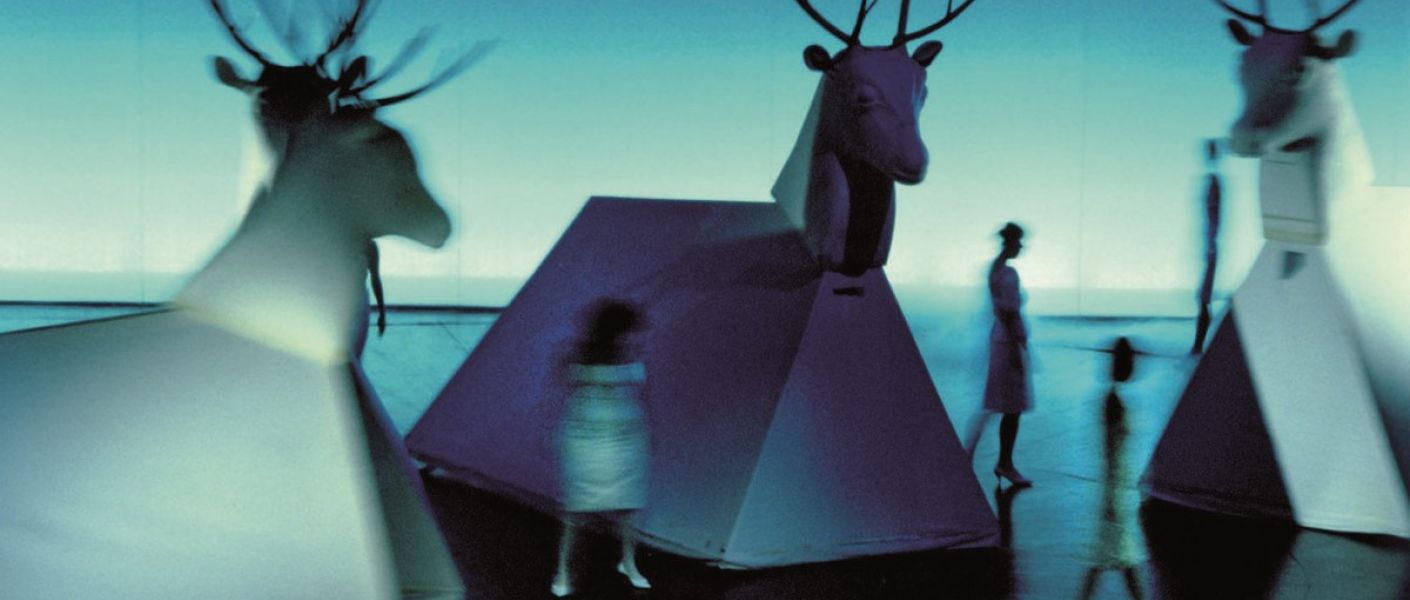Az 1980-as évek alternatív művészetének ellentmondásai
Katja Praznik szlovén kultúrakutató előadása
Katja Praznik szlovén kultúrakutató, a University at Buffalo Arts Management Program munkatársának frissen megjelent Art Work: Invisible Labour and the Legacy of Yugoslav Socialism (Toronto: University of Toronto Press, 2021) kötete új perspektívát nyit az 1980-as évek kelet-európai művészetének kutatásához. Praznik amellett érvel, hogy a művészeti alkotás munkaként való értelmezésén keresztül érthetjük meg, hogy az 1980-as évek alternatív művészetének egyes alkotóit hogyan nyomta el, másokat pedig hogyan olvasztotta magába a későszocialista jugoszláv rezsim.
Katja Praznik előadása a KEMKI Kutatási Osztályának az 1980-as évek művészetére fókuszáló kutatásához kapcsolódik, reményeink szerint hozzájárul a kutatás módszertani alapjainak lerakásához és nemzetközi kontextusba helyezéséhez.
Az angol nyelvű előadás absztraktja:
> NAGY Kristóf (művészettörtészénész-szociológus – KEMKI Kutatási Osztály; Central European University)
> ŐZE Eszter (művészettörténész – KEMKI Kutatási Osztály; Magyar Képzőművészeti Egyetem)
> TÖRÖK Krisztián (kurátor – Modem, Debrecen; CuratorLab, Konstfack University of Arts)
